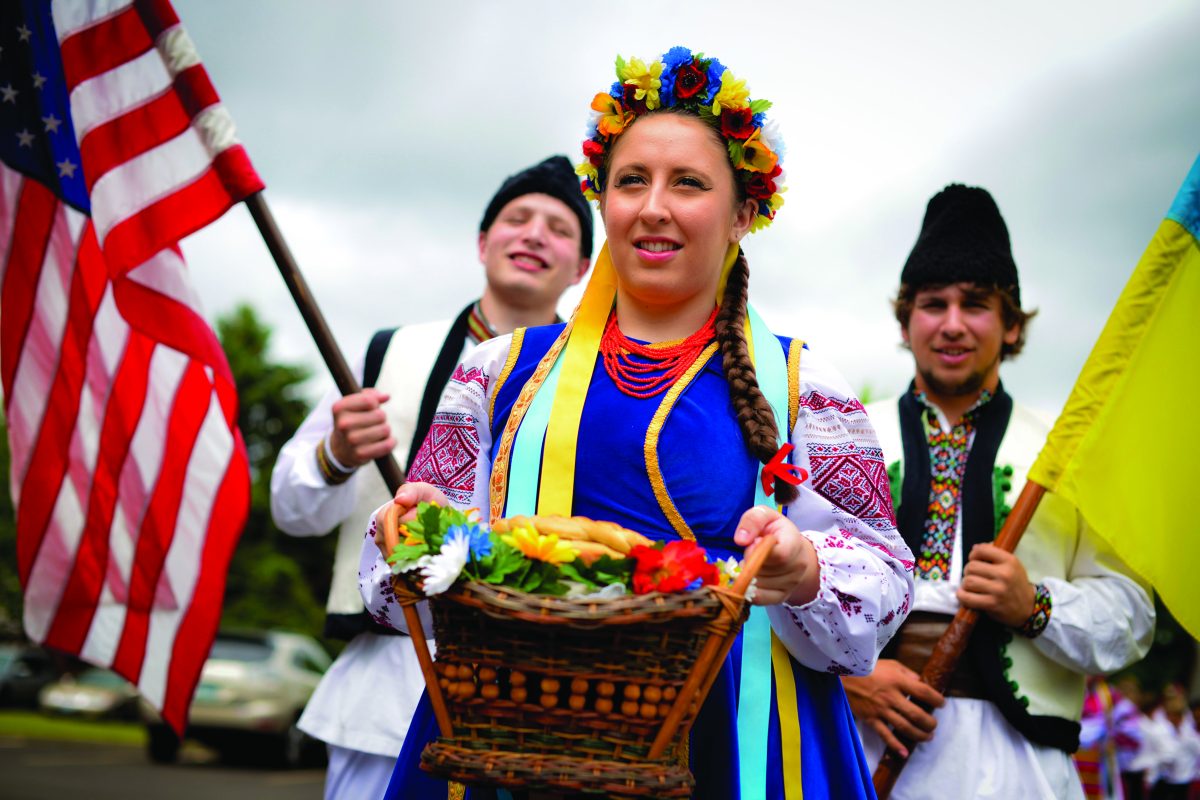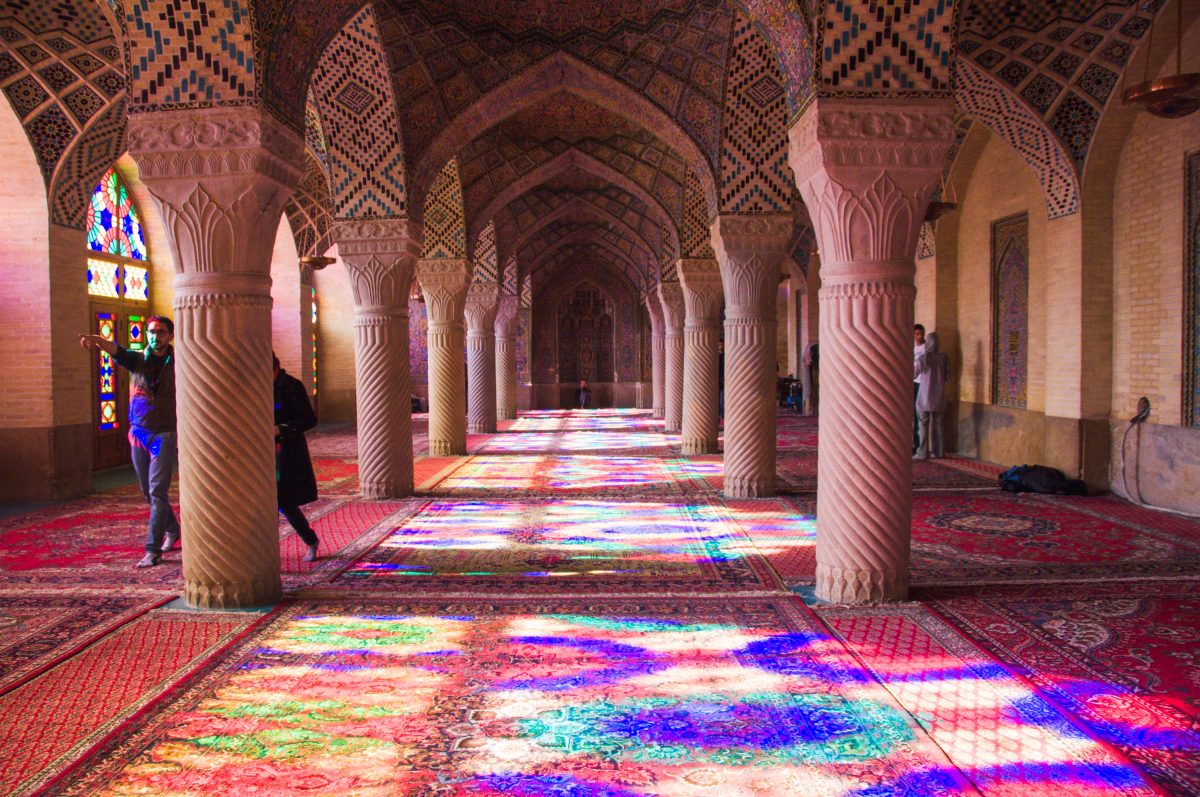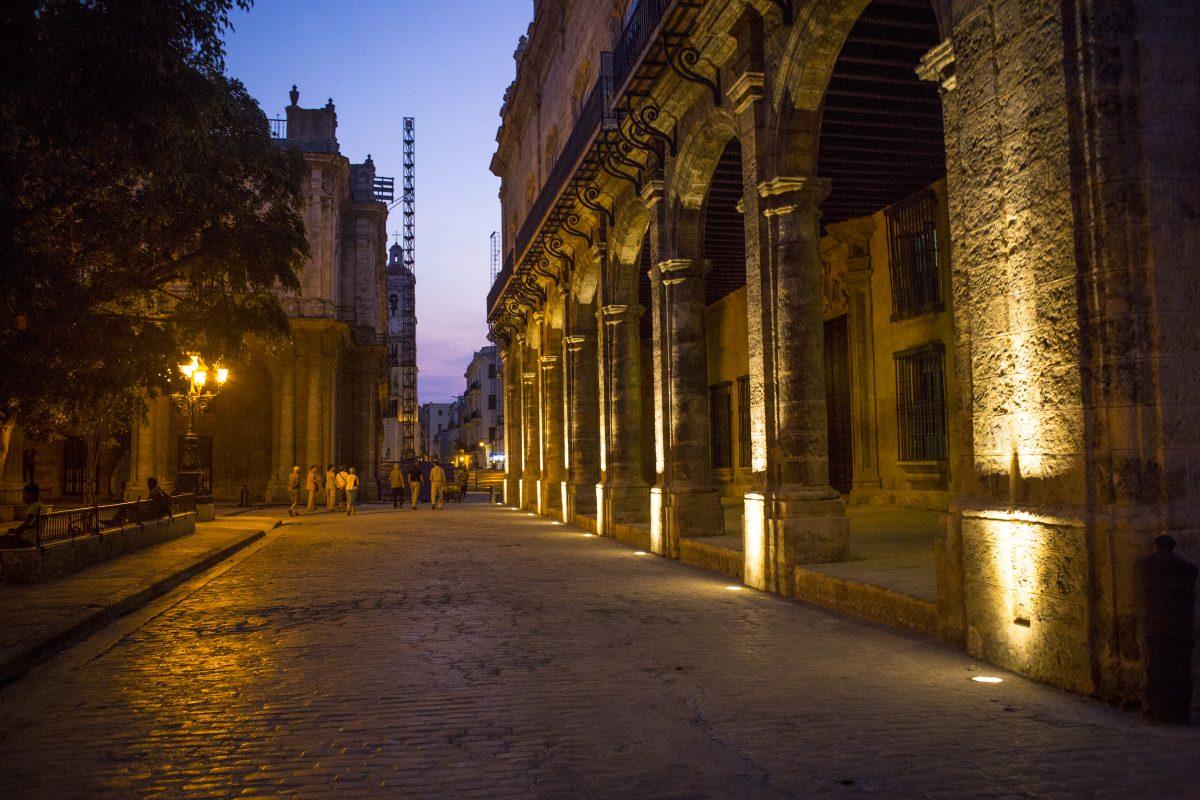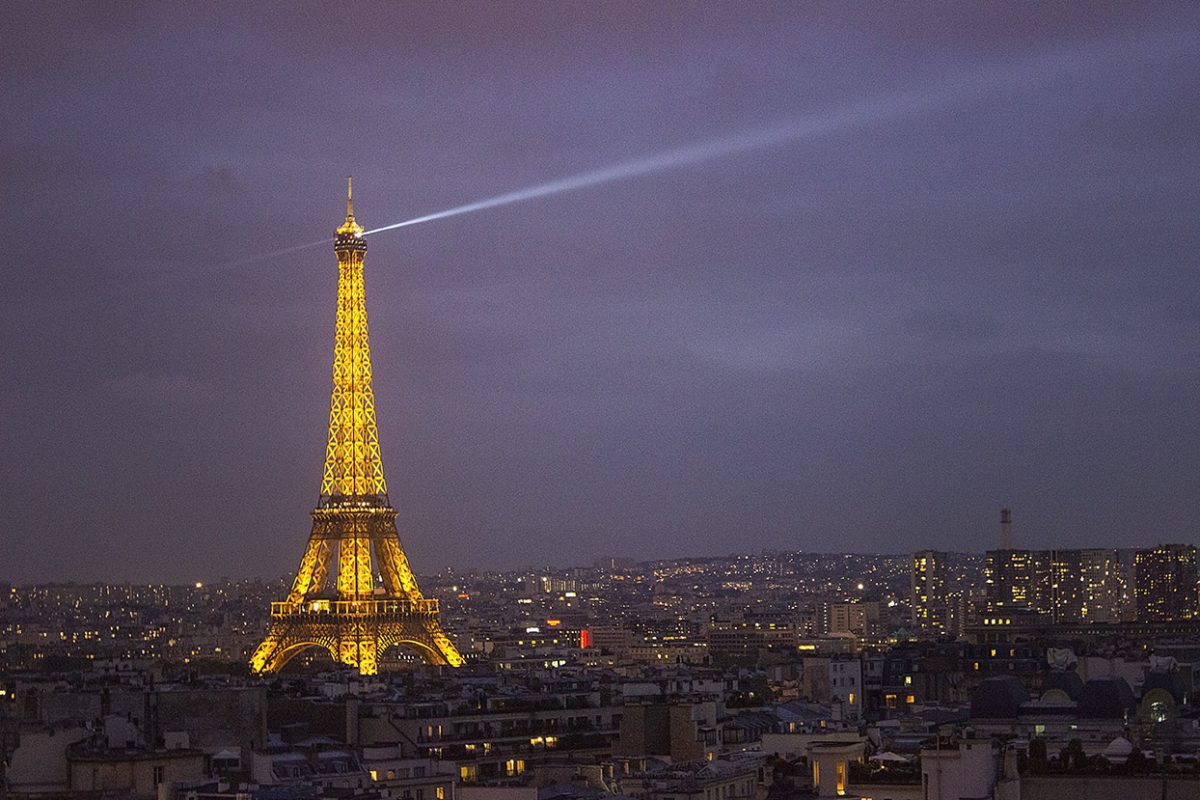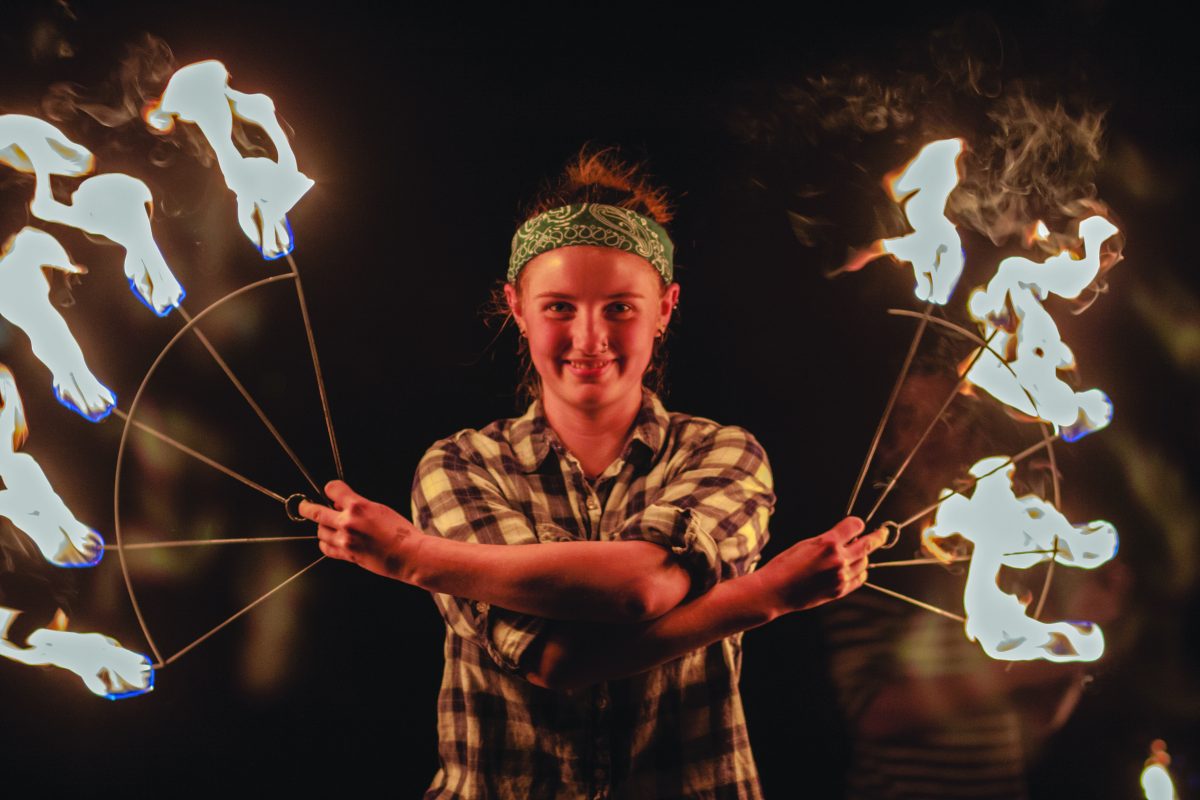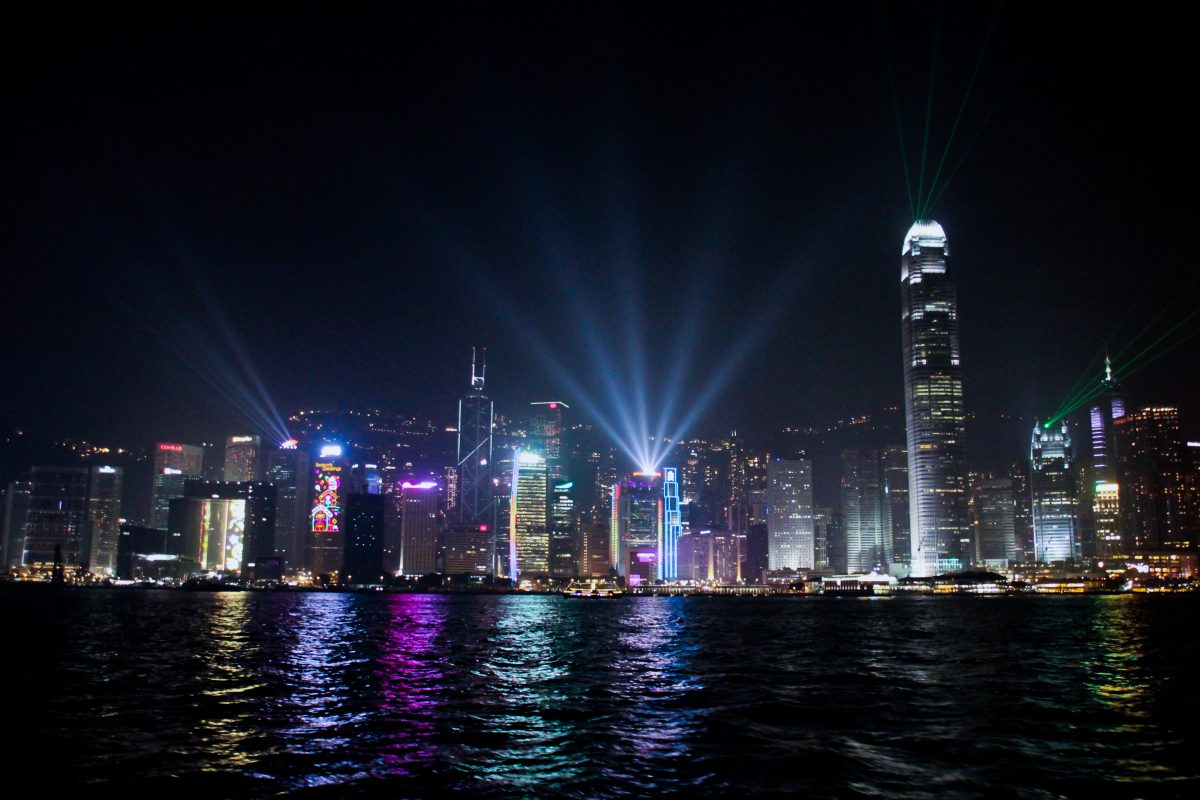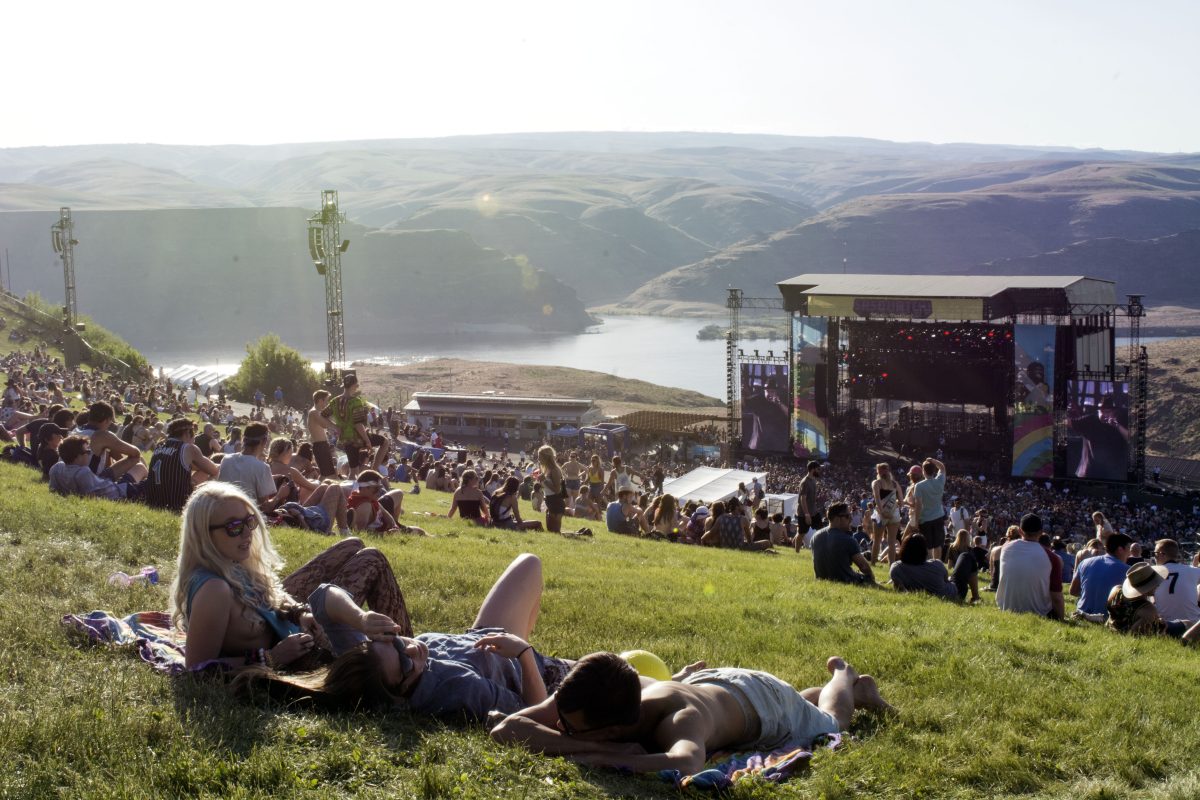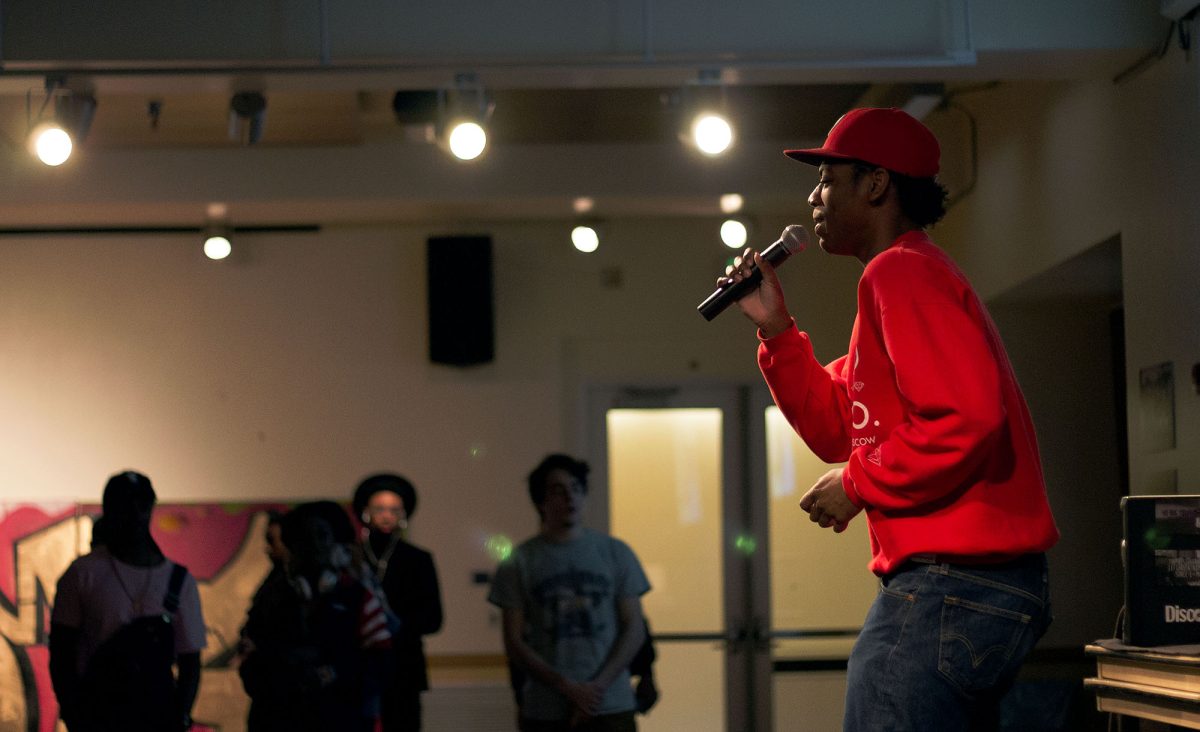Story by Jonathan Bach
Photos by Jonathan Bach, Gordon Friedman & Debra Josephson
The border control officer clad in a navy blue uniform requested my passport. The digital clock on my cell read 2 am. After she disappeared down the hall with the passport, her partner appeared in the doorway of my sleeper car. Swiftly using a long baton to open a curtain that covered a small storage area in the sleeper, he looked for any suspicious items. Nothing.
Later into the night, while mechanics finished changing the wheels of the train to accommodate the narrow-gauge tracks that would carry us to Lvov, the blonde officer clad in blue returned with the passport. She left without remark, and the train creaked to life, pushing into Ukraine.
As we rolled through the countryside, probably while I lay asleep, a surface-to-air missile struck down a civilian airliner on the other side of the country, sending 298 passengers hurtling 33,000 feet downwards towards the wheat fields below. In the morning, I was awakened by a call from Oregon — from my mother, shocked. She said the plane had been blown out of the sky over east Ukraine. My destination was Lvov, a hilly city in west Ukraine, close to the Polish border. Donetsk is a city and region in the east, and that’s where much of the year’s fighting had concentrated in the last months. It’s also where Malaysia Airlines Flight 17 (MH17) was shot down. All on board were killed, and with those deaths, the flight exploded into global headlines.
Videos of the crash and debris soon appeared online. MH17 opened the eyes of the international community – finally. But for those in Ukraine, the conflict had been clear since the beginning of the year, if not before, when President Viktor Yakunovich decided against signing a trade agreement with the European Union: one that would signal closer ties to western Europe instead of Russia. After, in December of 2013, protesters were on the streets in throngs. Independence Square, a monumental and symbolic meeting place in the capital city Kiev, was all but burned to the ground over the course of the demonstrations, and Yakunovich fled, being granted asylum in Russia.
Right after MH17 crashed, Igor Strelkov, Defense Minister of the Donetsk People’s Republic, or the Donyetskaya Narodnaya Respublika (DNR) — the self-proclaimed republic comprised mostly of rebels that would see east Ukraine have stronger ties with Russia — claimed responsibility for the attack; though, after reports came in that the airliner wasn’t military, Strelkin doubled back and denied involvement.
A former National Guardsman, Edward Robe taught English to pay for his two-story apartment in the heart of Lvov, where he lived with his eight-months-pregnant wife, Natasha, a Ukrainian national. The Seattle native rented a small but comfortable room out to travelers, charging ten dollars per night for clean sheets and all the coffee you could drink. Robe and I became fast friends, walking the city and spending time discussing the conflict.
One night we stood in his kitchen, and I asked what he would do if the war spread to Lvov. He said he would probably go to Georgia, a country nearby. But then, he said with a laugh, the conflict would probably spread there, too. With a wife and child to think about he didn’t know if the move to Georgia would make much difference. He didn’t immediately say he would head back to America. It would no doubt take too much time for Natasha to get documents to live in the States.
As I told him I was looking for people willing to talk about their experience of the war so far, he gave me the information for Zari Asanova, a woman who had come through his house on her way to Poland from Crimea, which had been annexed earlier in the year by Russia.
Walking the cobblestoned streets a few days into the trip, I saw painters putting to canvas a well-maintained Armenian church off the Plosha Rynok — the Market Square — and asked to photograph them in the process, introducing myself as an American journalist. Anna Styopina, a woman from Kiev who had a gentle smile, switched to flawless, barely accented English after I asked her in particular. Minutes into conversation, I felt a bond of trust had formed between us. To speak with Asanova I desperately needed a translator. Asanova didn’t speak English, and I had failed the night before to have a conversation with her solely in Russian. Styopina said she was free that night, so I gave her Robe’s address and prepared to meet her there.
On March 16th, 2014, Crimea voted on whether the region would rejoin Russia. After he succeeded the loose cannon that was Joseph Stalin in 1954, Nikita Khrushchev gifted the Crimean Peninsula to the Ukrainian establishment in a move The Telegraph says was made to secure support among Ukrainians, who were then living in part of the Soviet Union. Fresh out of a bloody war with Germany that cost scores of Russian lives, Stalin had ordered the deportation of ethnic Tatars from the Crimean Peninsula. He claimed those Tatars had aided the National Socialists, and in turn had them herded onto cattle carts and out of Crimea. Many died that May in 1944. Perhaps it was Stalin’s atrocious treatment of the Tatars that Khrushchev had tried to make up for. Maybe he didn’t want to deal with the peninsula any longer. Either way, ethnic Tatars had a sordid past on the peninsula. And despite its past, Crimea was part of Russia once again.
Zari Asanova was an ethnic Tatar. Before the vote she owned a grocery store. After the referendum passed she lost her shop and lived off the cash of selling her car. She went to Poland to find work, but the conditions were substandard at best. Yet she planned to travel to Poland again, possibly to pick strawberries for money to pay for her son’s school supplies. It was alleged that those without a Russian passport such as Asanova were unable to hold jobs in Russian-held Crimea. Regardless of her lack of finances she invited me to come live with her for a while to assess the situation in her town. Though she seemed to feel the conflict more than we did in Lvov, she still extended that warm invitation, and part of me wishes I would have accepted it.
But the conflict was real and so were the pressures of nationalism in a time when the country had seemed to fissure in two. Sergii Kachurovskyi, also from Kiev, was a member of the Salvation Army, a religious organization. He came to Lvov after he completed his work with a camp of Ukrainian and Romanian children. Like Robe, Kachurovskyi has a family to consider. Because of that, Kachurovskyi didn’t think himself less of a patriot for deciding not to enlist in the Ukrainian Army, though he had been harangued by fellow Ukrainians about the choice.
The city of Lvov itself was rife with nationalistic fervor. Rolls of bath tissue printed with Russian President Vladimir V. Putin’s face and the abbreviation of an unkind slur under it were sold at the street markets. A sign was painted to the side of a brick building that read Ukraina Edina — “One Ukraine.” Some men walked along the sidewalks with the blue and yellow Ukrainian flag around their necks like capes.
The papers confirmed that hairs had begun to rise within the international community over how to make sense of the Malaysia Airlines crash. Igor Ivanov, an op-ed contributor for the The New York Times, wrote that a mishandling of the political fallout from MH17 could lead to a new Cold War — an extreme estimation, but one nonetheless worth considering. Arizona Senator John McCain responded by saying President Obama was running a “cowardly administration that failed to give the Ukrainians weapons with which to defend themselves.” Australian Prime Minister Tony Abbott proposed sending federal police to the crash site to help reclaim it from DNR militants.
In the month that followed my return to the United States, the situation in Ukraine headed into what pilots call a graveyard spiral — where all the pilot can do is hold onto the yoke and pray. The BBC labeled the conflict Ukraine’s worst since the breakup of the Soviet Union. An August 5th report from the Office of the United Nations High Commissioner for Refugees (UNHCR) estimated 168,000 people had fled Ukraine for Russia. By August 23rd the death toll in east Ukraine had reached 2,000, with more than 330,000 people deserting their houses amidst firefights and shellings. Regardless of political leanings, eastern Ukrainians now made up 87 percent of the total displaced population in Ukraine. The Ukrainian Week reported that the country’s Gross Domestic Product had fallen by 1% in the first quarter, and was expected to plummet by 3-5% by year’s end. But some in Oregon had turned their eyes eastward. With her husband Robert, Erin Kerley, who worked at a Japanese imports store called Wabi Sabi in Bend, started to make arrangements for friends in the small eastern Ukrainian town of Kramatorsk, the Petrenkos*, to come to America.
“It’s all very shoestring, on-the-fly,” she said to me. The two aren’t by any means wealthy — Erin designed clothes and worked part-time downtown — but they tried to help the family come to the United States regardless. The Petrenkos helped Erin and her husband when they stayed in Kramatorsk to adopt their children, Simon and Sarah. A driver, Roman Petrenko would see that Erin made it safely to and from the supermarket. The families became close over the three months the Kerleys spent in Kramatorsk wading through the adoption process, and Erin
saw this as paying them back for their kindness.
As August came to a close, the Kerley’s had managed to secure a home for the Petrenkos if and when they arrived. Erin sold clothes she had designed to a local consignment store, Refuge, to accrue enough credit at the shop so her friends were able to buy clothes if needed. The Petrenkos should have arrived in August, but didn’t.
The goal was to have them seek asylum here, which would allow Roman and his family to work immediately after getting to the States. To claim asylum in the US, writes the United States Citizenship and Immigration Services (USCIS), a candidate “must demonstrate that they were persecuted or fear persecution due to race, religion , political opinion, or membership in a particular social group.” For reasons unknown, the process failed.
“At the moment,” said Erin, “we don’t know if they’ll be able to come over with refugee status.”
*Name changed for the purpose of anonymity.
A woman on the street in Ukraine.


